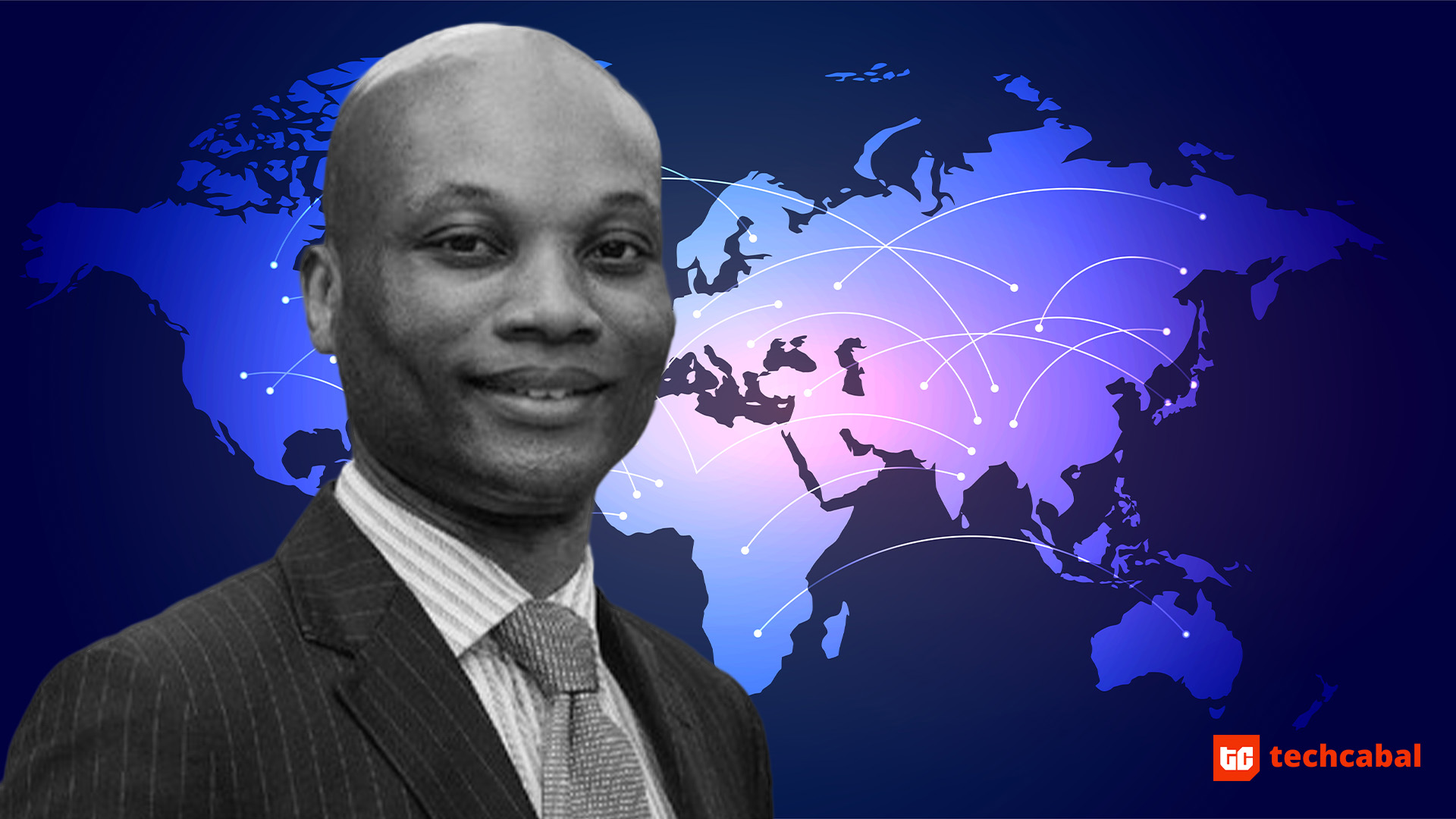This article was contributed to TechCabal by Noel K. Tshiani, founder of Congo Business Network.
At the beginning of the startup journey, founders tend to focus on developing the best product and finding clients. Isn’t this what entrepreneurship is all about? Yes, but only up to a certain point.
When I created my first startup in early 2017, I assumed that entrepreneurship meant three words: product, clients, and revenues. Nearly six years later, the word ‘partnership’ is just as important to me now as the word ‘revenue.’
Partnerships are a competitive advantage for startup founders, especially those who operate in Francophone Africa. As a founder, think about what you do well in your sector. Then ask yourself, who do you need to develop an alliance with to strengthen your brand, positioning, and value in the marketplace?
Partnerships are a network of business relationships that you can develop around the world, not just in the city or country where you live. That’s why speaking English is a valuable asset for your startup if you live in a French-speaking country in Africa.
By being proficient in English, you can develop relationships with companies, organizations, and even governments in Canada, the United States, the United Kingdom, Nigeria, Egypt, Kenya, and South Africa. Whether in America, Europe, or Africa, the countries previously mentioned are some of the most developed economies in the world.
For a founder who lives in Senegal or the Democratic Republic of Congo, it should be evident that speaking English increases the chances of finding potential business partners and investors from around the world. Earlier this year, Statista published a chart showing that 63.7% of all websites are written in English versus just 2.5% that are accessible in French.
Staying informed about the latest business developments in the Wall Street Journal, the Financial Times, or TechCabal is an advantage for startups based in Dakar, Kinshasa, Brazzaville, Libreville, Abidjan, or Bamako.
Valuable information on startups, fundraising, and entrepreneurship is published in English regularly on Twitter and LinkedIn, making this content a competitive advantage for founders who can access, understand, and apply it in a timely fashion.
Partnerships do not work unless based on a win-win collaboration between two parties. Startup founders need to develop world-class expertise in business and know what they do exceptionally well that solve real problems for clients. Looking for business partners among established companies becomes easier once startups can show how a partnership is beneficial.
Lastly, partnerships that are mutually beneficial in business and endure require good communication. Expectations by both parties need to be known, communicated and met for the partnership to continue for months and years.





















